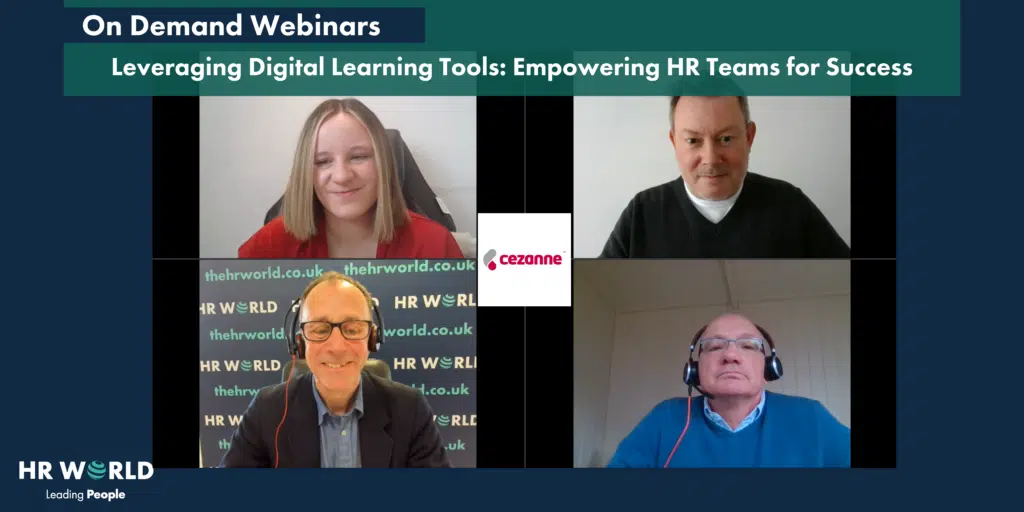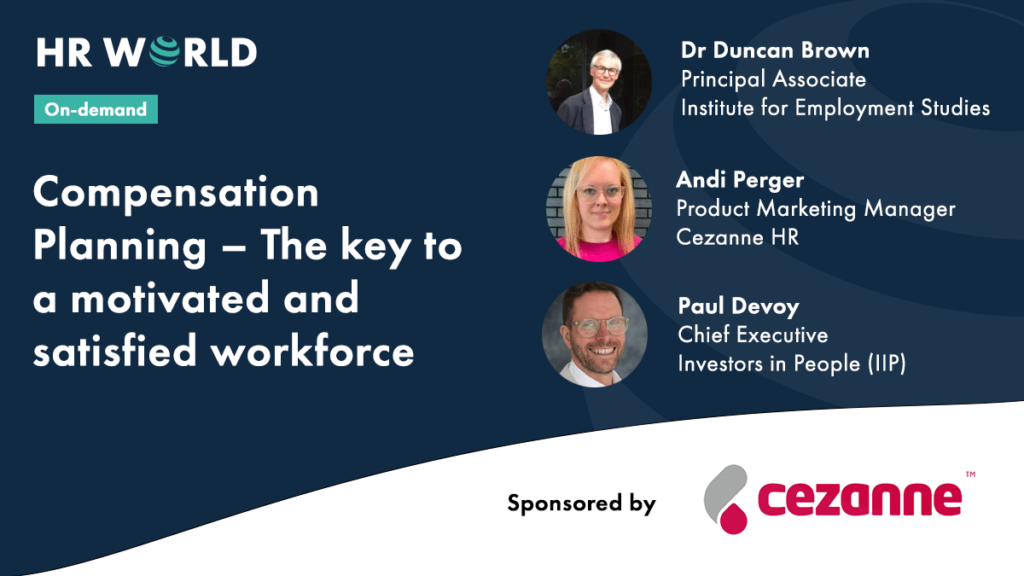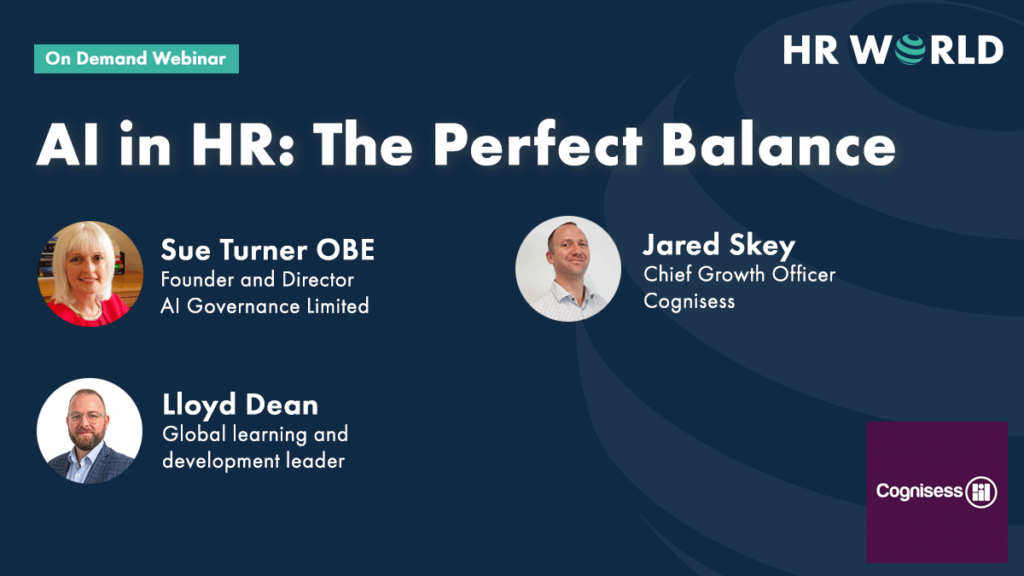Home » Knowledge Hub » Pay, Benefits and Taxation » Employee influence grows: 43% set to quit jobs for better pay, career opportunities and flexibility
Employee influence grows: 43% set to quit jobs for better pay, career opportunities and flexibility
21 April 2022 Pay, Benefits and Taxation

Employees around the world now hold more sway in the global job market, with two-fifths (43%) saying they are likely to quit in the next 12 months.
This is driven mostly by a desire for higher total pay, better career opportunities and flexibility amid rising inflation, a shrinking labor market and an increase in jobs offering flexible working according to the EY 2022 Work Reimagined Survey.
Search for increased pay overtakes the desire for flexibility
The main motivation for employees seeking new jobs, according to the survey, is now a desire for higher pay.
With record inflation, in many countries around the world, more than a third of those searching for new roles (35%) say that a salary increase is their main objective, and 25% say they are looking for career growth.
Forty-two percent of employees surveyed say that pay increases are the key to addressing staff turnover – but only 18% of employers agree.
Flexible working arrangements – which were by far the biggest factors leading to employee moves according to last year’s survey – are now less of a driver given that most are already working for companies that offer flexibility in some form.
Only 19% are seeking remote-work flexibility from a new job, while 17% say that well-being programs would prompt them to move.
Looking at the various age groups across the countries surveyed, Gen Z employees and millennials in the US are the most likely to quit their jobs this year (53%), while across the sectors, it is those with technology and hardware jobs (60%) that are most eager to leave.
Shifting views on culture and productivity
Interestingly, the desire amongst employees to seek out new roles persists even though they hold relatively upbeat views about company culture.
The number of employees who believe their organisation’s culture has improved, has risen from 48% to 61% since the start of the COVID-19 pandemic.
At the same time, employers’ confidence in their own company culture has dropped from 77% to 57%.
Additionally, while employees believe new ways of working have increased productivity, companies’ confidence in their own productivity is being eroded by increased turnover.
Growing skills and talent gaps
Fifty-eight percent of employer respondents agree it is important to have a strategy in place to match talent and skills to future business needs; and 74% say that they are prepared to hire employees from other countries and allow them to work from anywhere if their skills are critical or scarce.
Slightly more than a fifth of employer respondents (21%) believe improving opportunities to build skills will help address turnover.
Pressure to return to the office
Despite the continuing shift towards flexible working models, 22% of employer respondents say they want employees to come back to the office five days a week.
Although reluctance to work remotely among employees has fallen (from 34% to 20%) most employees (80%) say they want to work remotely at least two days per week.
Boost to culture and productivity from new ways of working
The survey reveals that a large population of “optimist” employers (32%) are managing to improve both culture and productivity.
It shows that they are achieving this by ensuring that their leaders have a shared understanding of company issues, external practices and strategies (94%).
Other factors cited by this group of businesses as drivers of their success include hybrid work (90%), investing in on-site amenities (39%), enhancing workplace technology (45%) and giving employees more empowerment and autonomy (44%).
Liz Fealy, EY global people advisory services deputy leader and workforce advisory leader, said: “This latest survey shows that employees around the world are feeling empowered to leave jobs if their expectations are not met.
As employers have increasingly provided flexible work approaches, higher pay is now the biggest motivation for changing jobs, particularly given rising inflation and available unfilled roles.”




































